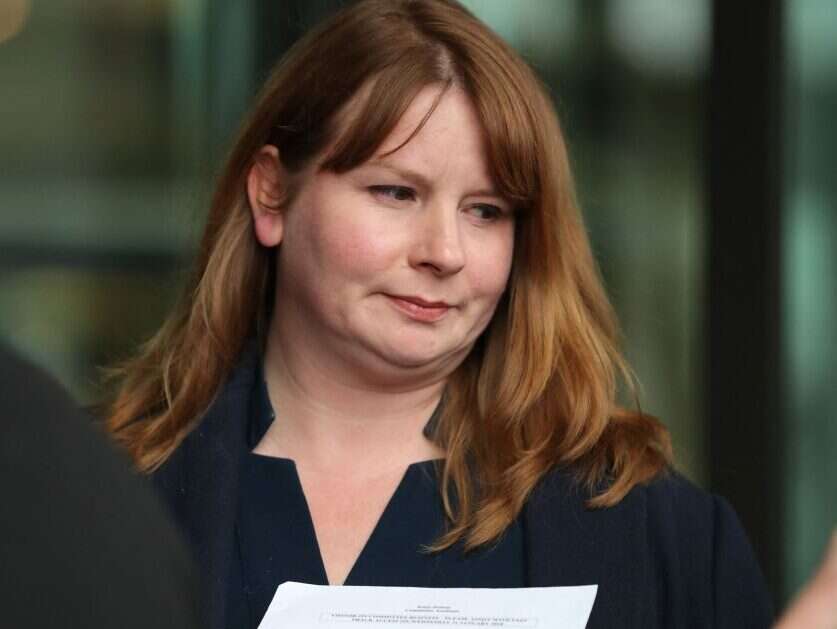
Hundreds of BBC journalists across England will strike on the day of the Spring Budget in opposition to cuts to the broadcaster’s local radio services.
TV, radio and online journalists will begin a 24-hour strike at 11am on Wednesday 15 March, the day of Chancellor Jeremy Hunt’s first Spring Budget, the National Union of Journalists said on Tuesday.
At the end of that action, journalists will begin a period of “work to rule”, in which they work only their contracted hours and duties.
Further strike dates are likely, with the dates of the local authority elections in England (Thursday 4 May), the coronation of King Charles III (Saturday 6 May) and the Eurovision song contest in Liverpool (Saturday 13 May) all being considered by the NUJ.
[Tears, fury and thunder: BBC staff reaction to local radio cutbacks]
Michelle Stanistreet, NUJ general secretary, said: “This emphatic result demonstrates the strength of feeling amongst BBC members and their determination not to stand by and see local radio output dismantled.
“I would urge the BBC to take stock and meaningfully engage so that we can come to a solution that acknowledges the vital role that quality, relevant and genuinely local news plays in our public service broadcaster. The BBC’s focus on digital content and delivery shouldn’t be at the expense of local news and journalism.”
The journalists oppose the BBC’s proposal to begin more sharing of output between neighbouring stations from 2pm on weekdays and at weekends.
Of 1,000 NUJ members across BBC Local, 83% voted in favour of strike action on a turnout of 69%. Some 92% backed action in short of a strike.
The original proposal, set out in October, said the BBC’s 39 local radio stations in England would share 18 afternoon programmes between them after 2pm on weekdays, with ten programmes shared between 6pm and 10pm on weekdays, all day Saturday, and on Sunday mornings. After 10pm on weekdays and on Sunday afternoons and evenings there would be a shared national “all-England” programme.
The BBC later proposed a watered down version of its plans, which included no station sharing with more than two others on weekday afternoons and the vast majority with just one as well as an increase in the number of weekend morning programmes from 12 to 18, but this was rejected by 70% of NUJ members in a ballot in January.
They oppose the content sharing proposals because, the NUJ said, they “would result in a diminution of local content and up to four radio stations sharing the same output”.
The BBC proposals could involve a net loss of 48 roles – with about 139 jobs cut in local radio and 131 created in online local news.
A BBC spokesperson said: “We are disappointed at the outcome of the ballot. Our local plans are about delivering an even better service to communities across England, reflecting how audiences use the BBC, strengthening our online provision and increasing the impact of our journalism.
“We have consulted extensively with the NUJ over recent months and adapted our plans in response to feedback. We have assured teams working across our 39 BBC Local bases that we will maintain overall investment and staffing levels in local services and we’ll work hard to minimise the risk of compulsory redundancies.”
Paul Siegert, the NUJ’s national broadcasting organiser, said: “This result and the decision to take strike action shows overwhelmingly that the BBC’s proposals do not have the backing of its journalists. Local radio is supposed to be local. That is its USP and one of the main reasons why 5.7 million people listen to it every week.
“NUJ members are not opposed to the BBC investing in digital services, but it should not come at the expense of local radio and the communities it serves. We urge the BBC to get back around the table and start talking to us to try and find a way forward. No one wants to take strike action but the future of local radio is at stake and so our members are left with no option.”
Email pged@pressgazette.co.uk to point out mistakes, provide story tips or send in a letter for publication on our "Letters Page" blog
